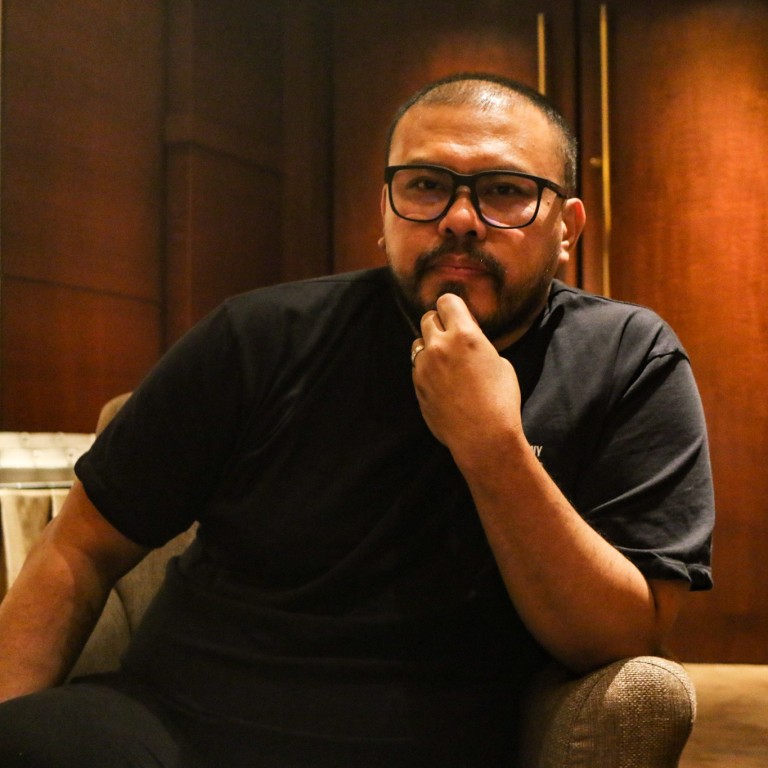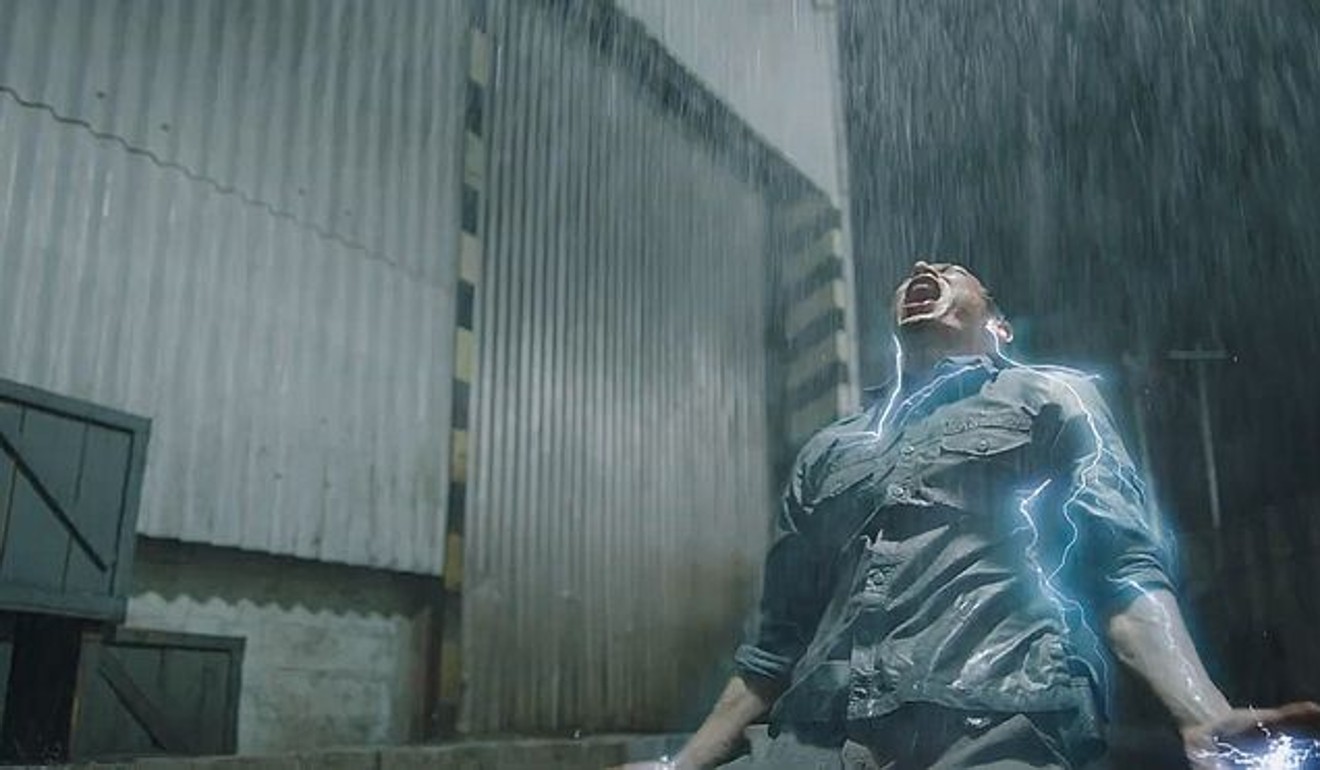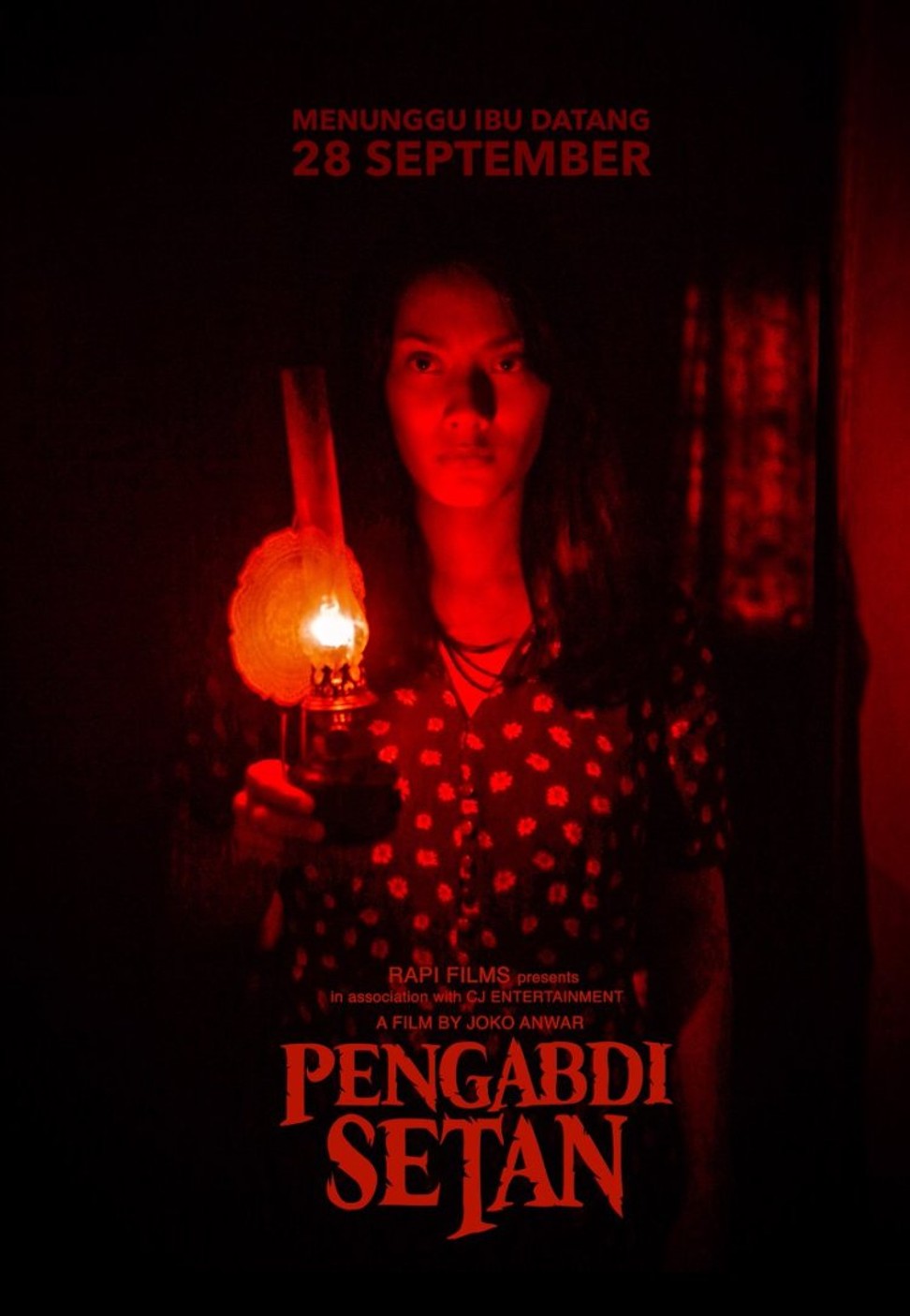
Joko Anwar, Indonesian cinema’s man of the moment, puts women at the heart of his stories
- The writer/director’s films subvert societal norms and expectations while producing mainstream films that transcend genres
- Four films in 2019 underline his inventiveness, following on from his 2017 breakout success Pengabdi Setan – or Satan’s Slaves
Joko Anwar is a dynamic talent. Switching from genre to genre, the 44-year-old filmmaker and former enfant terrible has grown ever more assured in his handling of the language, rhythm and musicality of cinema.
In 2019 alone, the Medan-born auteur has written and directed two box office hits – Gundala (“Lightning” in old Javanese) and Perempuan Tanah Jahanam (released overseas as Impetigore) – both of which have sold more than 1.5 million tickets. He is also the scriptwriter for two other hits, the comedy Orang Kaya Baru (“New Rich People”) and horror flick Ratu Ilmu Hitam (“Queen of Black Magic”) horror flick.
His work is reminiscent of the films by African American director Jordan Peele, who made Get Out and Us, underpinned by a sense of dread and barely concealed violence. Both directors subvert societal norms and expectations while producing mainstream films that transcend genres.
Although none of Anwar’s more recent films have approached his huge, 2017 breakout success Pengabdi Setan (“Satan’s Slaves”) with 4.2 million tickets sold, the latest bonanza underlines his inventiveness.
Anwar’s charm and wry sense of humour mask an immensely hard-working and focused, creative mind. “I consider myself a true film buff,” he says. “And I want to make films the way I consume them. So, I end up making all kinds of movies.”
That might be an understatement: Gundala, an action film based on a popular Indonesian comic series, is to be the first of eight planned films in the “Bumilangit Universe”, released until 2025 in an echo of the Marvel Cinematic Universe and the first franchise of its kind in Southeast Asia.
Gundala is a dark, moody film, anchored by stand-out performances from the lead actor Abimana Aryasatya and a superbly sinister villain played by Malaysia’s Bront Palare.
The atmosphere is oppressive from the get-go. In an isolated factory riven by conflict, a desperate workforce goes head-to-head with a brutal and unseen owner.
Suddenly, we switch to Jakarta. Joko eschews the glamour of Menteng and Kebayoran. Instead, he conjures up a gritty world of tenements, street markets and urban kampungs where thuggery and casual violence rule from the slums to the highest echelons of power. Joko taps into a deep reservoir of urban despair not unlike the Philippine director Brillante Mendoza.

It’s hard to ignore the parallels between Joko’s art and what’s happening in real life. But the director denies any political message in his work.
“I do have things to say in all my films, but I specifically try not to take sides,” he says. “I make films based on my reactions to whatever is happening in society at that time. I am political, I can’t deny that.
“But here’s the thing, part of being a functional citizen is that you must be active in speaking out about the way your country is being run. If someone is doing something wrong, you criticise them. You cannot afford to blindly support politicians.”
Anwar maintains that his films are meant to entertain first and foremost. But he also sees it as his responsibility to contribute to the collective awareness of Indonesians regarding important issues such as corruption and the patriarchy. He was also raised primarily by his mother in a poor neighbourhood. Many of his films therefore revolve around the role of women in society.

In Pengabdi Setan, a woman under pressure to have a child winds up embroiled in a satanic cult. In Ratu Ilmu Hitam, another female character places curses to enact revenge on her mother’s torturers and the sexual abusers of her friends. In Perempuan Tanah Jahanam, the source of the curse that propels the plot is a woman who was raped by the main character’s grandfather.
It is often his female characters who shape the narrative. The men in his films – especially the father figures – are generally non-existent or useless. In Perempuan Tanah Jahanam, for example, his regular leading lady Taro Basro takes on a machete-wielding attacker. Even in Gundala, a testosterone packed superhero film, a female superhero saves the day.
However, Anwar’s defining trait as a filmmaker may still be his determination and work ethic. When asked how he managed to produce four films in a single year, he replies: “I just love my work. Honestly, I don’t sleep. I work everywhere!”

